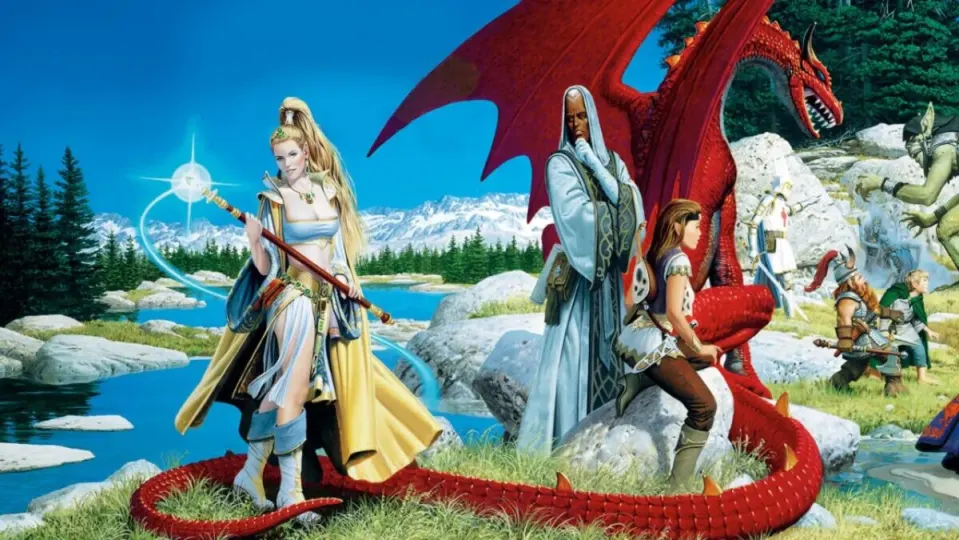The video game industry generates more revenue than the film and music industries combined. For that reason alone, one would expect the industry to care about its own history. To want to keep its legacy accessible and well-preserved as much as possible. However, the reality is exactly the opposite. This was once again demonstrated in a recent talk about video game preservation.
Steve Englund, an intellectual property lawyer, was asked if it would be possible for libraries to digitally preserve copies of video games. His response was that members of the ESA, the trade association for the video game industry in the United States, would not allow such a thing. And even if they did allow it, that would be insufficient progress. Proper preservation of video game history should include much more than just collecting the video games themselves. Even if it were done physically.
The reason for this strong refusal is because, in fact, in the past the ESA has opposed any form of video game preservation. When the Library of Congress of the United States wanted to create a working corpus for the preservation of the medium, the ESA stated that it was an unnecessary effort, since developers were already doing a great job on that front.
The reality is that, according to the Video Game History Foundation, 87% of American video games prior to 2010 are impossible to legally acquire today. Many of these games are in danger of being lost, or have already been lost. Similarly, many games have not been able to be reissued because their source code has been lost or misplaced. This demonstrates that the statements made by the ESA are short-sighted, if not outright deceptive.
If the ESA, the largest trade organization in the video game industry, is completely blind to preservation, that puts us on the verge of losing decades of medium history. Something that seems inevitable considering they have no interest in video games, other than as an object to continue being the world’s highest-grossing legal industry.


